De and Het: The Great Dutch Language Mystery
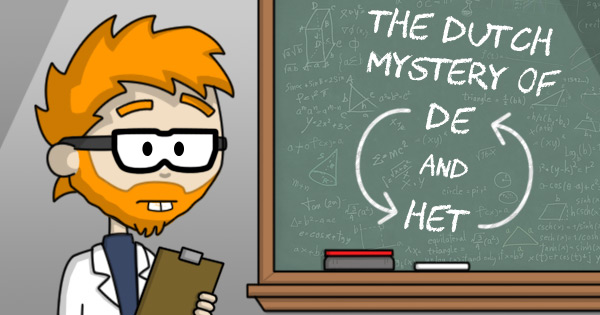
Life is full of mysteries. Who are we? Why are we here? Did I leave the oven on? Great big mysteries that are difficult to solve and keep a lot of very intelligent people busy.
However, there is a mystery that is bigger than any mystery ever pondered! Larger than any question ever asked! More infinite than any puzzle ever puzzled! Many people have attempted to solve this mystery and been driven insane by it. It is simply cannot and will not be solved… What is the correct usage of de and het in the Dutch language?
The true meaning of life will be solved long before anyone even comes close to solving this unsolvable mystery.
Please! Do not try to answer this question yourself. Even if you believe that you know the answer. Simply pondering the question of de and het for even a moment can put your mental health at serious risk. Thinking about if for just one second puts your sanity in danger. If you are an expat trying to learn the language it is far safer to just get it wrong and refer to things as de huis or het man (for example). It simply is not worth risking trying to get it right. I cannot stress this enough.
Dutch people especially might think they can answer this mystery. They are Dutch after all and being Dutch is a pretty good qualification to have on the subject of being and speaking Dutch. However, no matter how much they think they know the answer, the truth is that they do not. This becomes very evident the moment they make the mistake of trying to explain the answer.
The “Rules” of De and Het
At first it is all very simple. ‘De’ is used for masculine and feminine words, where as ‘Het’ is used for neutral words. That’s it. How hard can it be?… But then they remember that one occasion where the rule does not work… and then that other one where it does not apply… and another where it is invalid… and that strange one where the rule is flipped… and sometimes reversed… or occasionally upside down… or when a entirely different rule is used based on the position of the moon!
Suddenly they realize they cannot explain the Dutch mysteries of De and Het. It was foolish of them even to attempt to do so, and it is probably best that they stop before the headache (that they don’t remember having a few moments ago) gets any worse.
It is at this point that there is only one explanation that they can give, wise words that have been handed down from generation to generation of Dutchmen when dealing with outsiders trying to learn the language; “You just have to know it.”
It is a mystery that can never be solved without being born Dutch. And even then, trying to truly understand or explain it ends in madness. Just like trying to understand the use of the word ‘dus‘.



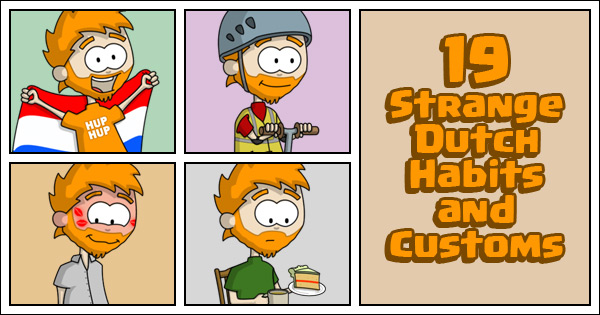
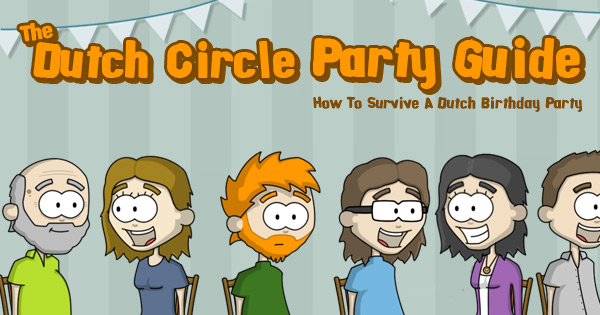
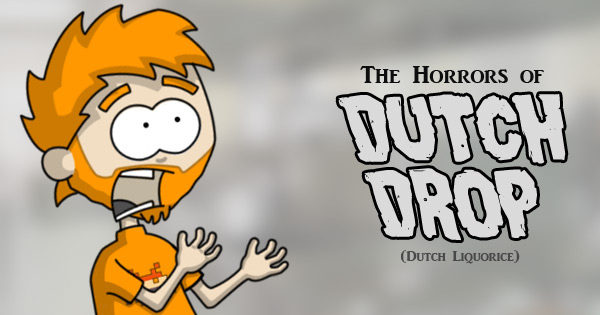



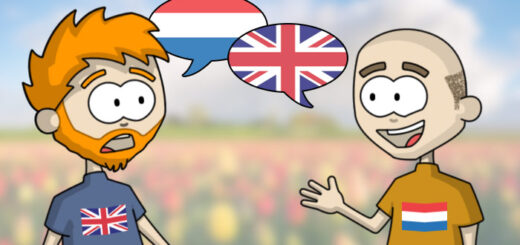


Hahaha, great post! This is always the problem when you ask a native speaker “Why is this and why is that?”. The answer will most likely be along the lines of: “You just have to know it.”. Or:”This is how we say this”. Or even: “I don’t know, this is just how it is and how our language works”. Your alternative? Ask a linguist… but are you sure you want to risk THAT? Then maybe better not to solve that mystery…
The worst is when people try and explain it by saying “de is masculine and feminine and het is neutral, there you go” as a self-contained piece of information. Technically true, but doesn’t actually help you speak better – it’s useless to everybody unless they want you to consult a dictionary first every time you plan to use a noun!
Olga – Thank you. And they make it sound so simple don’t they when they say you just have to know it.
Nathalie – Exactly. I have no idea if a table is masculine, feminine or neutral. How am I supposed to know the sexual preference of a table?!
Olga hit the nail on the head – that’s EXACTLY what my teacher said. And Stu, I’m not sure I want to know the sexual preference of a table ….
Try French…. le,la… same problem! Never got it right! :D
I believe that in Arabic languages the ‘de’ and ‘het’ or ‘le’ and ‘la’ are not excisting!! Very handy!! You just say; “Sit at table for dinner”… good eh… nice and simple ;P
While I couldn’t explain it to you either, I know of a very effective work-around: Considering that all diminutives are ‘het’ words, this problem can be solved once and for all by only speaking in diminutives.
Het wereldprobleempje wordt opgelost op het achterkantje van het bierviltje!
That said, I only now realise that this merely opens Pandora’s box even further, because the issue escalated to trying to explain how to construct diminutives. Woe is me.
I didn’t realize all diminutives were het words. My approach is usually to try to make everything plural so de works for everything. You do what you gotta do!
Drat, he’s discovered the secret weapon in our language. We’ll have to come up with something new now! *starts playing gabber “music”
When I learned German we were taught der, die and das whenever we learned a noun. You have to know them in German, because the language is just a bit more complicated. We also learned a lot of the “rules” and the exceptions to the rules. It drove me nuts that they wouldn’t teach us that way in inburgerings. I did run across the same type rules in some software when I was still in inburgerings, but I haven’t been able to find the software since. Most of my German has been replaced by Dutch and I still don’t know de and het. I doubt I ever really will at this rate. Luckily the Dutch use diminutives far more often than any other language I know of (which I admit is a small number), so I used to cheat that way. I’ve now ceased to care so much.
You’re welcome! And know how you feel, because… I went through a similar phase… with English! I mean why is it so important for you guys that something happened while something else was happening and someone has done something and has been doing something for ages, and someone else had done something before he did something else? And what’s with the spelling? I guess, English has its share of secrets as well… but, the point is… you can learn it if you study hard and have good teachers! Besides, Polish also has three genders… and no articles- and 7 cases.. be happy you don’t have to learn that!
Well that clears everything up nicely. ;-)
The one of life’s mysteries that I always get stuck on- why is there something instead of nothing, and why is so much of it on my desk?
It’s even worse when they don’t know whether a word is masculine or feminine, Stu. I often ask my Dutch friends which pronoun they would use for a certain word (e.g. hij or zij, or hem or haar). Mostly, they don’t even know themselves until you ask them to put it in a sentence, and even then it isn’t guaranteed. Even a Dutch teacher friend of mine told me that if she didn’t know, she always used the masculine form – just in case. Well, how about that?
Actually, it’s quite easy Stu. Just follow the lead of the dictionarry. :p
But I do agree that it can become quite complicated!
Stephanie – It’s another mystery best left unknown.
The wife – I think we should all do that.
Martijn – See… there is no easy answer :p
Alison – My approach is just to stare blankly.
Wezz6400 – Oh dear god no!
A – That sounds like a good approach.
Olga – We like to make English difficult by having it felx-able.
Yvette – See… told you life is full of mysteries.
VallyP – IT just proves that they don’t even know their self.
iooryz – But that requires me to read a book :p